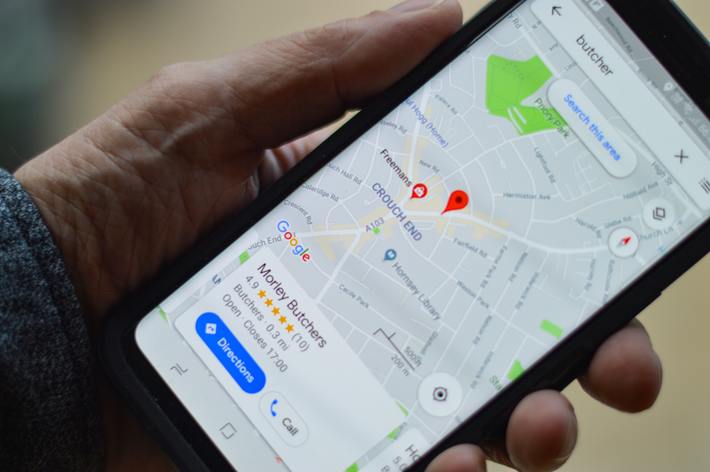The world is on the constant lookout for technologies that can help us further improve how we go about not only our daily lives but how we conduct business as well. And this search has led us to highly valuable resources: Geolocation and big data. We know the world is brimming with data, which makes it vital to use technologies that can help us sort through this data and make some sense of it. That’s where big data comes in — allowing us to extract value from the abundance of data. It is without burning a hole in our pockets. Now then, what about geolocation?

For the longest time, it was primarily used by marketing departments for relatively uncomplicated endeavors. For instance, with geofencing, i.e., when a company makes use of data about a users’ location, such as when they are in a specific geographical area, to tailor their marketing events, content, and more. But off late, the applications have grown. And when you put these two technologies together, what businesses get then is genuinely extraordinary. The use of geospatial data, in combination with data offers opportunities like never before — starting with the implementation of augmented reality to optimize operations. Also, there is so much that this duo can help businesses do and achieve. And to help understand their potential better, here are some of their other combined benefits.
- Social media: Geolocation is already quite at home in the world of social media. But given that social media is a goldmine of data, it only makes sense that the two be united to help businesses serve their customers better. It can be used to deliver content, ads, and other marketing campaigns to the target audience via a medium that the world knows they incline for. Say, a customer is in the vicinity of your store, geolocation + big data can help deliver personalized content via social media.
- Better business: The duo also helps companies to deliver better offers to customers that are more in tune with their requirements. As a result, the brand can capture users’ attention immediately and establish a preference for it as well. One of the best examples that come to mind is of beacon technology. It allows companies to deliver offers and content to customers based on their location within the store!
- The improved context for data: Big data has done a terrific job of lending meaning to businesses’ vast collection of data. But with geolocation in the mix, one can fortify it further with geospatial context as well. It can then translate into immense benefits for apps.
To cut a long story short, the development of a location-based mobile app is not merely a ‘can have’ anymore. Based on the highly competitive market, we must make use of all tools at our disposal to stay ahead of the curve. And it isn’t hard either since such apps have tons of potential applications across a wide range of industries, including health care, manufacturing, construction, logistics, and more.
